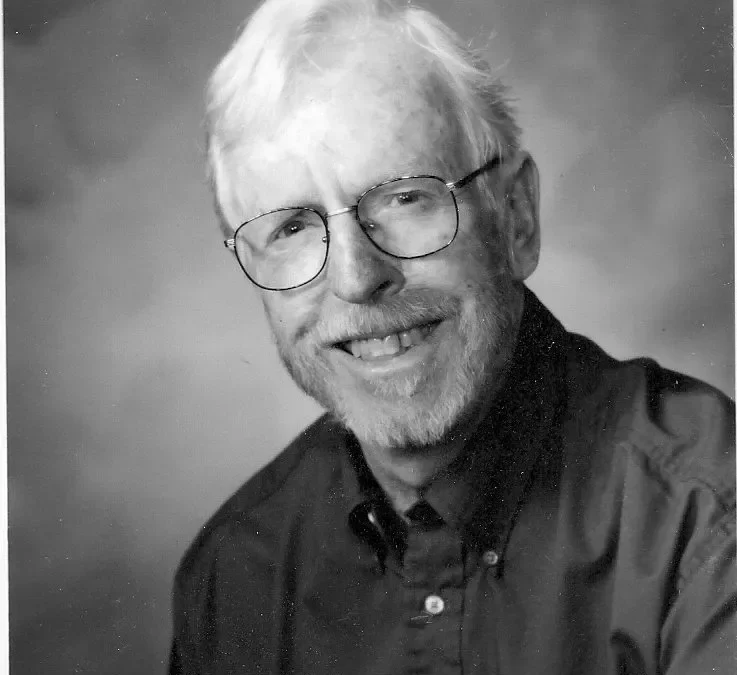Don Crosby is a retired professor of philosophy at Colorado State whose 2002 book, A Religion of Nature, was the first of a series of books offering philosophical perspectives on the religious naturalist orientation/a religion of nature; a full list is here. With Jerome Stone he co-edited the comprehensive Routledge Handbook of Religious Naturalism in 2018, and he’s a member of the Board of Advisors of the Religious Naturalist Association.
Here is some of his beautiful writing.
Religious acts . . . are acts of intense commitment and resolute faith. They inform, at the deepest level of one’s existence, of how one conceives of oneself and the universe, how one lives, and what one aspires to become.
Its great wings outstretched, the brown pelican spirals in the thermal air. Scarcely a flicker of those magnificent wings is required for it to soar further and further aloft. Finally reaching an apogee of the spiral, it gently banks and slowly descends, only to be uplifted again in its circling flight. . . For me, at that moment, this pelican’s flight is a compelling symbol of the numinous powers, presences, and wonders of the natural order to which we both miraculously belong. . . If you want to know what my faith means to me, one of the most adequate ways in which I can try to make you aware of its meaning is simply point you to that splendid creature, nonchalantly rising and falling on motionless wings in invisible currents of air. In the last analysis, I am only able to say, ‘There, don’t you see! This is what the sacredness of nature means, all that it bestows on us, invites us to ponder, and requires of us.’
We have no need of God, gods, animating spirits, or other sorts of putative religious objects, nor do we need to pine for another life in another realm beyond the wondrous home we find already in our natural world. Nature itself, when we rightly conceive of it and comprehend our role within it, can provide ample context and support for finding purpose, value, and meaning in our lives.
Nature is every bit as mysterious and wonderful as traditional concepts of God, and perhaps far more so in that it is not the outcome of deliberate purpose or design but of self-contained, incredibly self-transcending creative processes.
The religious sensibility opens up an expansive and inspiring vision of the numinous world of which we humans are a part and for whose continuing well-being we have special responsibility. This special responsibility may not be a gift from God . . . but it flows from our manifest human ability – by virtue of our intellectual capacities and technological competencies – either to do considerable harm to the other creatures of nature or make substantial contributions to their protection and support.
Typical of religious outlooks and experiences are an openness to and grateful reception of unearned, unplanned, unexpected mercies and gifts . . ., a sense of forgiveness and self-forgiveness for past wrongs and new hope for the future; the eventual attainment of a strangely restful, deep-lying assurance, confidence, and joy concerning oneself and one’s role in the world; and the desperately needed but mysterious gift of empowerment for undertaking and seeking to realize pervasively important, life-defining goals and ideals for oneself and for others – and for being able finally to make significant headway in doing so in the face of the potentially debilitating seductions, menaces, and frustrations of evil lurking in oneself, in others, and in social institutions.
Nature can be saving for those attuned to its presence and influence. It has the power to inspire, enhance, and renew our lives. We are natural beings in the deepest recesses of our bodies and spirits, and learning how to live in accordance with that fact provides us with both profound challenge and profound hope.
